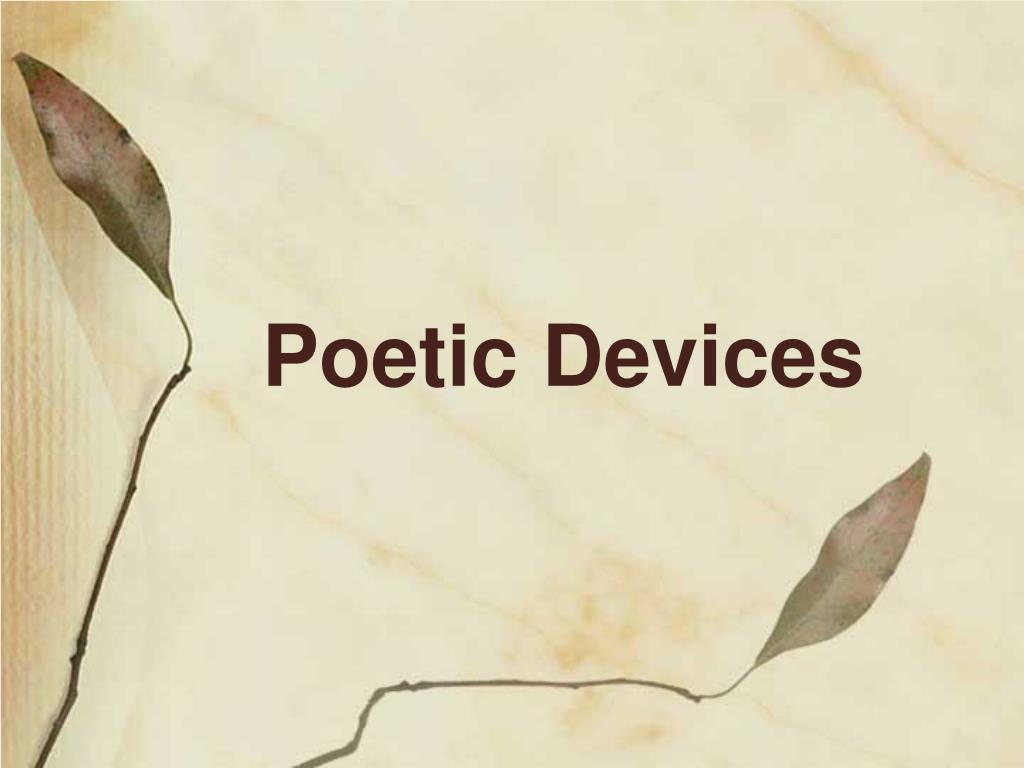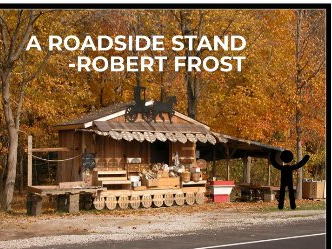
Poetic devices are a form of literary devices used in poetry. Poems are created out of poetic devices composite of structural, grammatical, rhythmic, metrical, verbal, and visual elements. They are essential tools that a poet uses to create rhythm, enhance a poem’s meaning, or intensify a mood or feeling.
In this section, we are going to learn the poetic devices used in different poems from Class XII’s CBSE book Flamingo.

SIMILE
A simile is a figure of speech that is mainly used to compare two or more things that possess a similar quality. It uses words such as ‘like’ or ‘as’ to make the comparison.
METAPHOR
An expression, that describes a person or object by referring to something that is considered to have similar characteristics to that person or object. Unlike simile metaphor does not use words ‘as’ or ‘like’.
PERSONIFICATION
The attribution of a personal nature or human characteristics to something non-human, or the representation of an abstract quality in human form.
REPETITION
A literary device in which a word or phrase is used multiple times to create rhythm or emphasize a word or phrase.
| SIMILE | face ashen likethat of a corpse pale as a late winter’s moon |
| METAPHOR | merry children spilling out of their homes |
| PERSONIFICATION | trees sprinting, |
| REPETITION | all I did was smile and smile and smile ……. |
RHYME SCHEME: FREE VERSE
CONTRAST: The dozing mother is contrasted with young sprinting trees and merry children.
KEEPING QUIET- PABLO NERUDA

KEEPING QUIET-PABLO NERUDA
THEME: SELF- INTROSPECTION FOR PEACE
Silence is necessary for self-introspection and to foster a feeling of mutual understanding among fellow beings.
TRANSFERRED EPITHET:
A transferred epithet is a figure of speech where an adjective or epithet describing a noun is transferred from the noun it is meant to describe to another noun in the sentence.
ALLITERATION:
Alliteration is the repetition of usually initial consonant sounds in two or more neighbouring words or syllables.
ANAPHORA:
Anaphora is the repetition of a word or sequence of words at the beginning of successive clauses, phrases, or sentences.
PUN:
A Pun is a figure of speech that includes a play of words that have more than one meaning or those that sound alike.
IRONY:
Irony is a literary device that is used to express an intended meaning by using language that conveys the opposite meaning when taken literally.
SYMBOLISM:
Symbolism is the use of symbols to signify ideas and qualities by giving them symbolic meanings that are different from their literal sense.
ENJAMBMENT:
It is a poetic term for the continuation of a sentence or phrase from one line of poetry to the next. An enjambed line typically lacks punctuation at its line break, so the reader is carried smoothly and swiftly—without interruption—to the next line of the poem.
| Transferred Epithet | cold sea |
| Alliteration | we will, wars with, his hurt hands, sudden strangeness clean clothes, so single |
| Repetition | without rush, without engines |
| Personification | Earth can teach us. |
| Anaphora | Let’s not speak…….. Let’s stop… |
| Pun | arms |
| Irony | Victory without any survivors |
| Symbol | count to twelve, fisherman and whale, green wars |
| Enjambment | we would all be together in a sudden strangeness and for once could perhaps a huge silence……….ourselves with death. |

ANTITHESIS: Pairs exact opposite or contrasting ideas.
OXYMORON: combines contradictory words with opposing meanings.
| Alliteration | Noble natures, Cooling covert |
| Metaphor | The Pall,Dark spirits, endless fountain of immortal drink, wreathing a flowery band |
| Transferred Epithet | unhealthy and over darkened ways, Gloomy days |
| Personification | shape of beauty |
| Antithesis | old and young |
| Anaphora | of noble natures- of the unhealthy |
| Imagery | a flowery band to bind us, daffodils in green world they live in, clear rills, grandeur of dooms, endless fountain of eternal drink. |
| Oxymoron | Mighty Dead |

A ROADSIDE STAND– Robert frost
| Metaphor | trusting sorrow |
| Alliteration | Pathetically pled, Greedy good doers, Beneficent Beasts |
| Personification | A roadside Stand that too pathetically pled |
| Transferred Epithet | polished traffic, Selfish cars |
| Oxymoron | Greedy good doers, beneficent beasts |

Hyperbole is a rhetorical and literary technique where an author or speaker intentionally uses exaggeration and overstatement for emphasis and effect.
| Transferred Epithet | terrible hands |
| Hyperbole | the massive weight of uncle’s wedding band |
| Pun | ringed |
| Symbols | Aunt- women wedged under the tyrannical hand of patriarchal society Tigers- Aunts desires and dreams Wedding Band – Patriarchal male domination Uncle – the oppressor |
